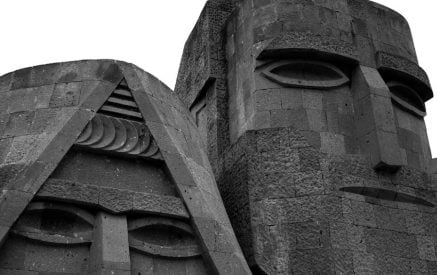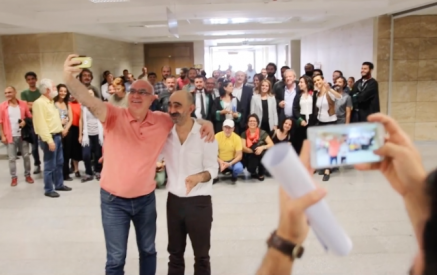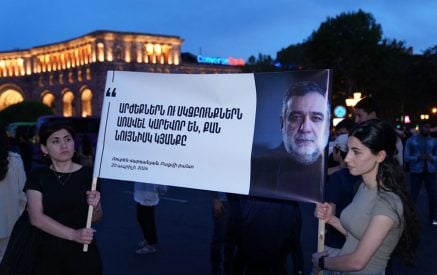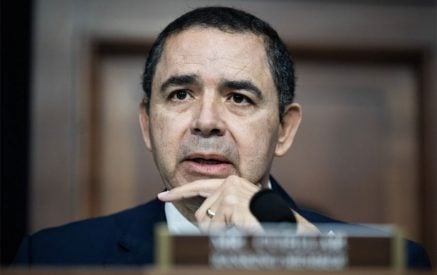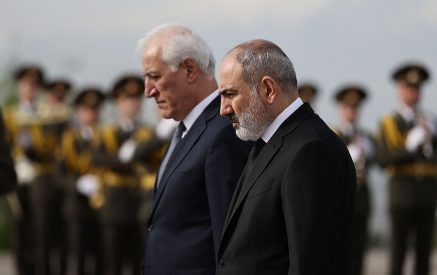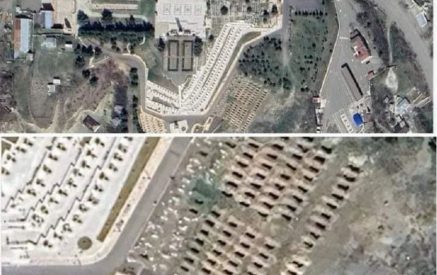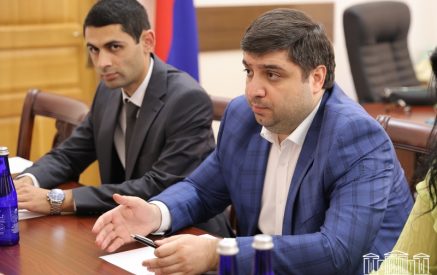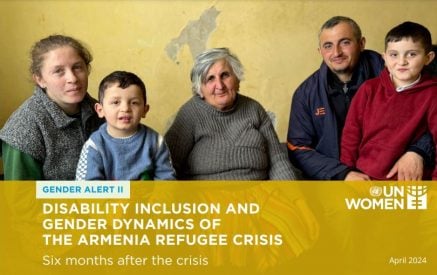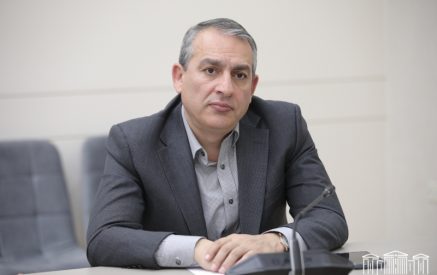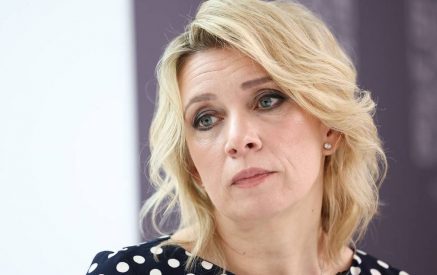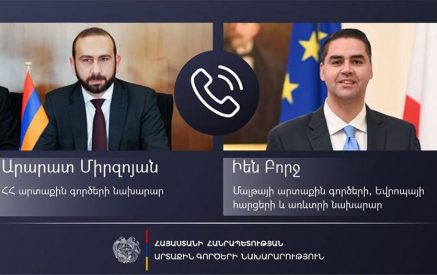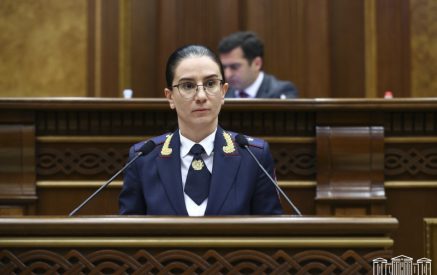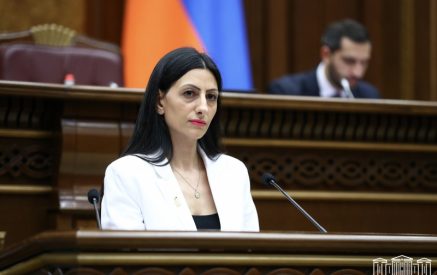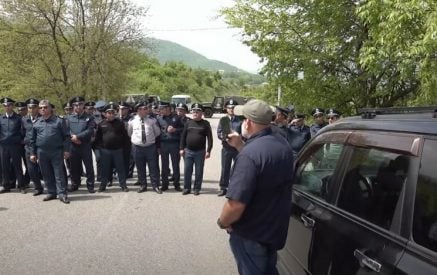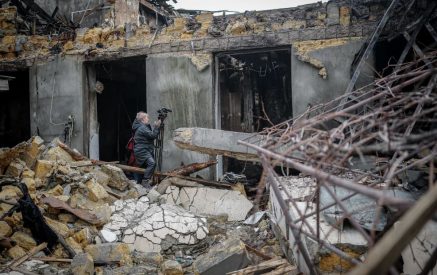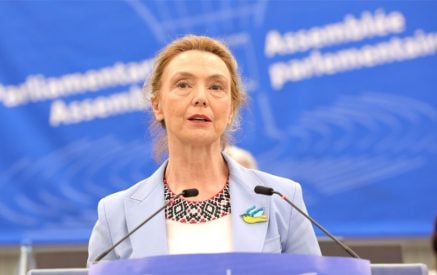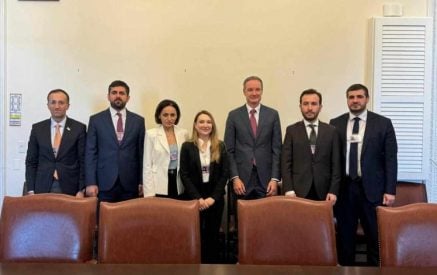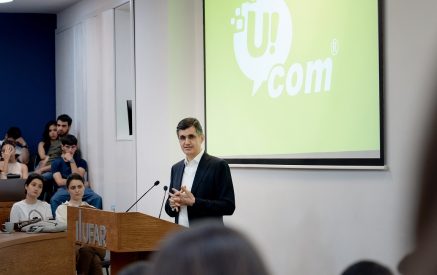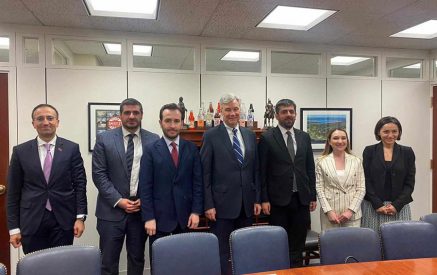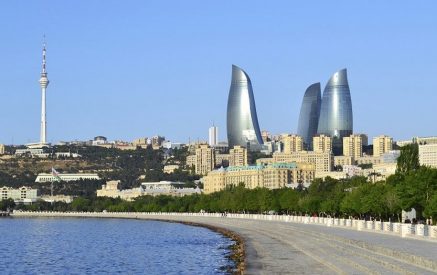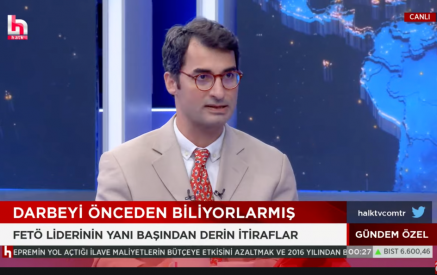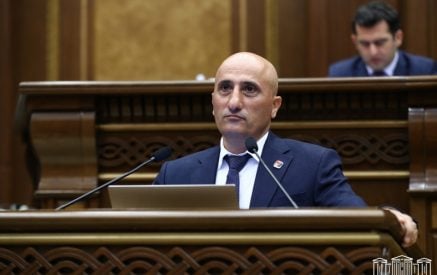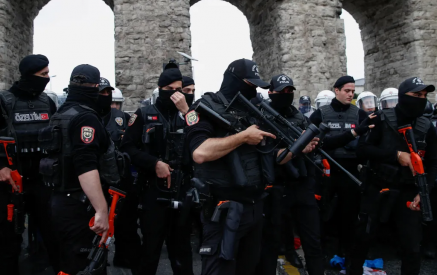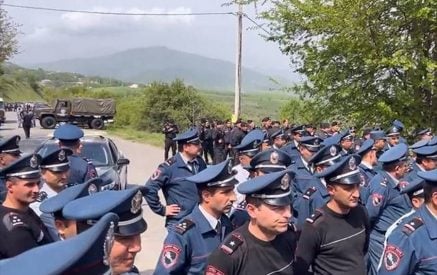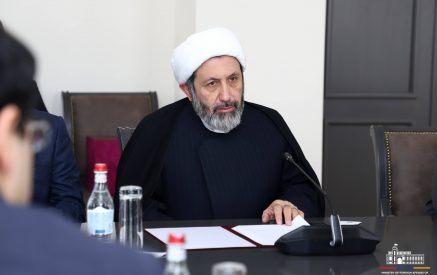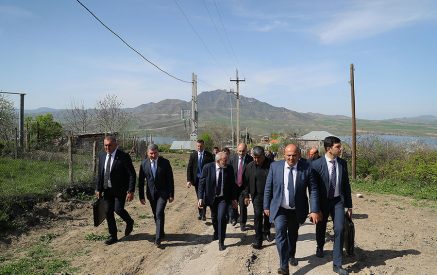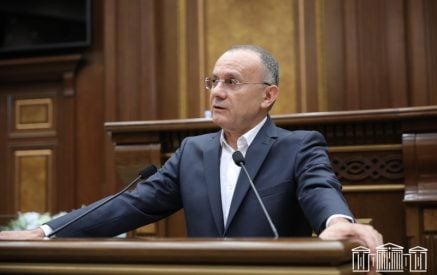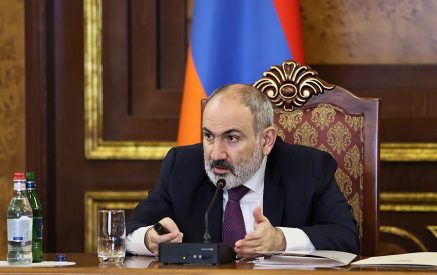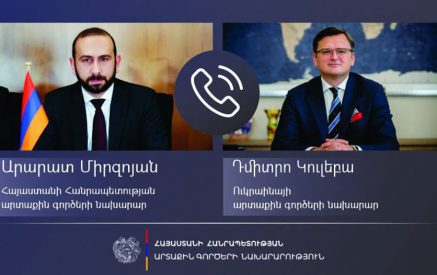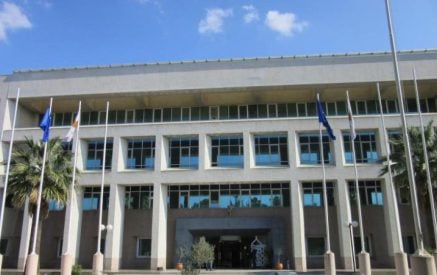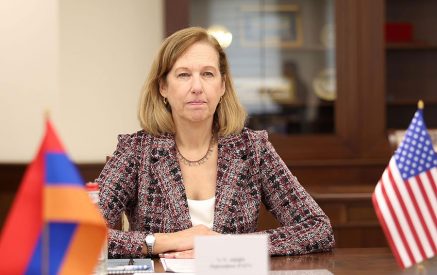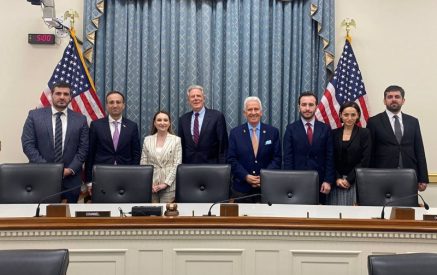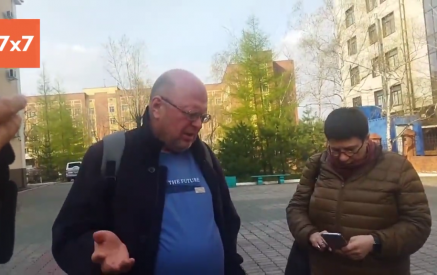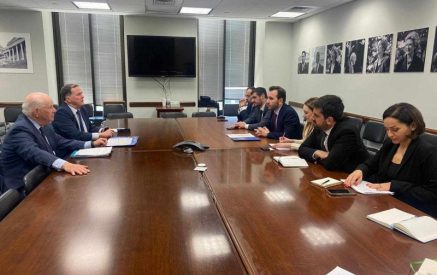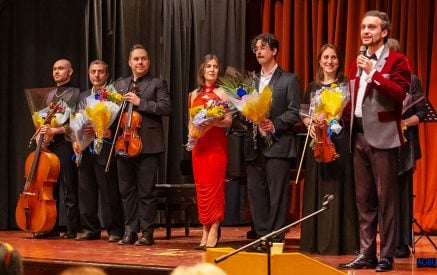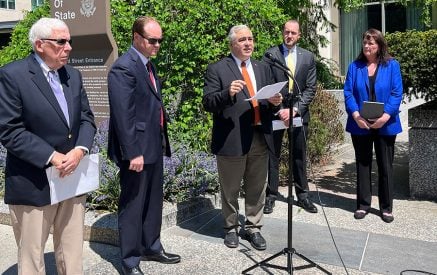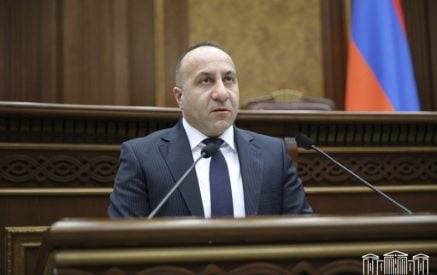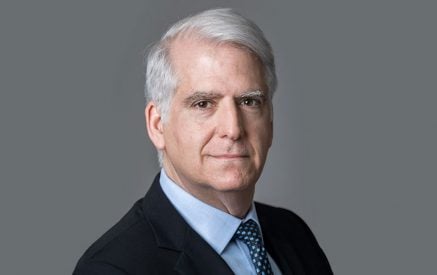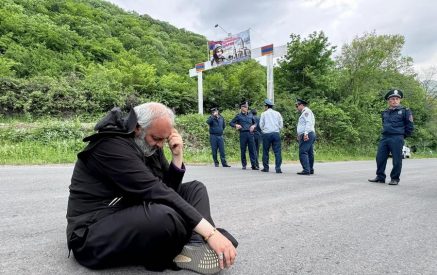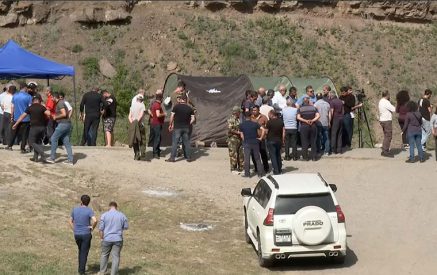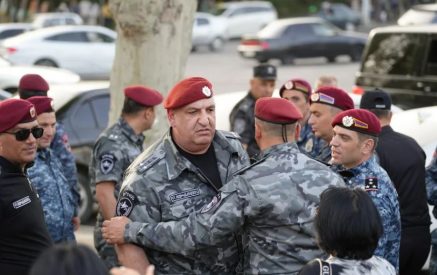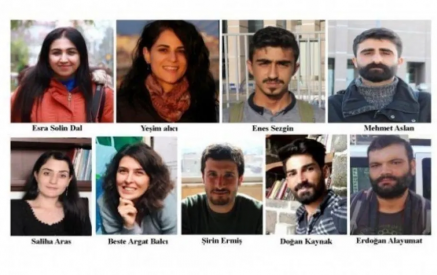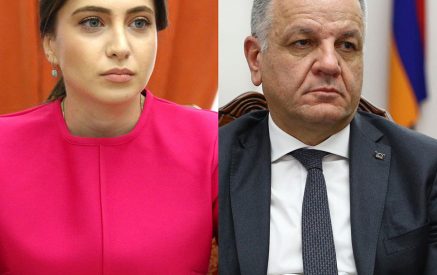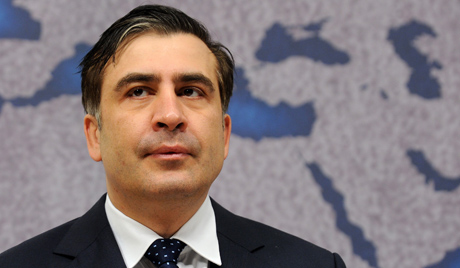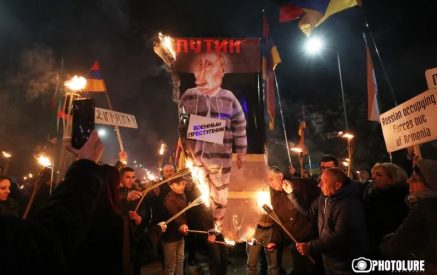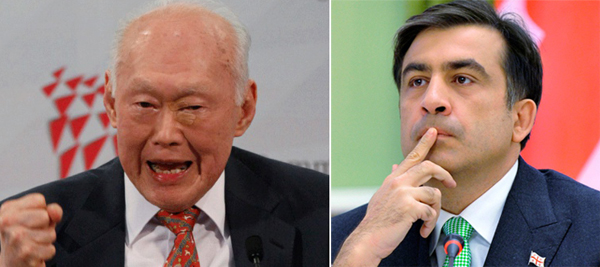What effect will the defeat of president Saakashvili’s “party of power” at recent parliamentary elections in Georgia have on Georgia’s immediate neighbors? By neighbors one should mean not only Russia, but also Turkey and Georgia’s fellow former Soviet republics – Armenia and Azerbaidjan?
Experts suggest not to hasten with optimistic predictions. First, a “change of guard” in Tbilisi still has to happen. Saakashvili still has several months of unlimited power before the “anti-presidential” constitutional amendments take effect, transferring power from the president to the newly elected parliament. Second, characterizations of the leader of the election’s victors – Bidzina Ivanishvili – as “Moscow’s man,” although widespread in Western press, are at best simplifications. At worst, they are simply not true.
Bidzina Ivanishvili during his electoral campaign promised to move Georgia further into the EU and NATO (something Mr. Saakashvili also promises to deliver). But Ivanishvili also promises to improve relations with Russia (something Mr. Saakashvili is unable to deliver after the war of 2008). These promises do not make Ivanishvili “the Kremlin’s stooge,” as Le Figaro or The Wall Street Journal portray him. In fact, they reflect common sense – something Russo-Georgian relations have been lacking for an long time. However, some analysts dismiss this “contradictory” promise of Bidzina Ivanishvili as electoral posturing. But isn’t this pessimism just a reflection of anti-Russian stereotypes?
Russia did not hamper the movement of the former members of the pro-Soviet Warsaw Pact into the EU during the 1990s and raised no objection to it in 2004, when the EU’s biggest expansion took place. Russia objected to NATO membership for countries like Bulgaria, Czech Republic, Slovakia or Hungary. However, while voicing its concerns, Moscow never drew any “red lines” for these countries. In fact their integration into NATO, when it did happen, didn’t prevent Russia from seeking (and largely achieving) good relations with these countries. Other stories (like relations with a new NATO member Poland) were less rosy – but Russia can hardly be faulted for that. Of course, under the aggressively pro-American and anti-Russian regime of Mikhail Saakashvili, Georgia’s membership in NATO could pose a threat to Russia’s security, and Russia will most likely oppose Georgia’s membership in military blocs. But Russia never objected to having a peaceful and friendly Georgia in the EU. In fact, during a short “détente” in Russo-Georgian relations in 1994-1996 Georgia already had European integration as one of the chief objectives of Georgian foreign policy, and Moscow never had problem with it.
In fact, a confrontational view of Georgian election (seeing it as a fight between the pro-Western forces of “good” and “old Soviet” forces of “evil”) was most typical for Saakashvili and his cronies, and not for the majority of Georgian people. Saakashvili’s foreign policy was a reflection of this simplified world view: he opens Georgia’s borders and markets to neighboring Turkey and aggressively seeks confrontation with Russia. This policy led to the flooding of Georgia’s markets with cheap merchandise from Turkey coupled with numerous hurdles on the Georgian-Russian border, which hampered trade and movement of people between the two Orthodox Christian countries. In fact, Georgian Orthodox church, frustrated with Mr. Saakashvili’s divisive policies, became one of the main electoral allies of Mr. Ivanishvili.
Read also
In fact, the confrontational policy of Mr. Saakashvili did not profit any of Georgia’s neighbors, Christians and Moslems combined. Armenia became an indirect victim of the sealing of Russo-Georgian borders, since most of Armenia’s trade with Russia and other European countries was done via Georgian territory. So, the shutting of Verkhny Lars, a border pass between Russia and Georgia, immediately stopped the movement of goods between Armenia and Europe. In fact, it forced Yerevan to rely on its trade with neighboring Iran, which is itself under international sanctions now. As for Azerbaijan, it had a dispute with Saakashvili’s Georgia over a territory on the border where the famous Georgian monastery David Garedji is located.
Turkey, a seemingly obvious beneficiary of Saakashvili’s policy, is also not interested in viewing Georgia by Saakashvili’s eyes – as a battleground between Russia and NATO countries. This kind of vision moulds Russia and Turkey in a nineteenth or even eighteenth century paradigm – as two antagonistic imperial powers vying for the sympathies of sly Georgian rulers, who pit one side against the other. In the twentieth century, Turkey renounced this imperial tradition – and it will not return to it for pragmatic reasons.
One of these reasons is that this kind of vision would make Georgia a natural competitor for Turkey in a tricky business of hosting American bases in case of new tensions in the Middle East. (Saakashvili granted American citizens and especially the military the right of free access to Georgian territory). Also, Georgia’s NATO membership would oblige Turkey to provide its “ally” in Tbilisi with military assistance in case Tbilisi gets embroiled in one or two more local wars (Georgia already got embroiled in 5 wars during the last 22 years).

